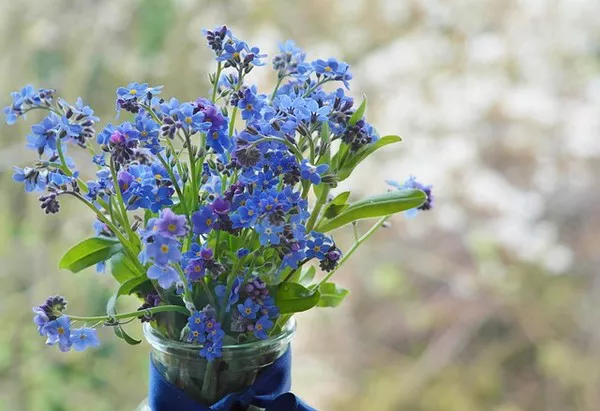Kiwifruit, a beloved and commercially sought-after fruit known for its nutrient-rich properties, has faced a significant challenge over the past decade. The cultivation of kiwifruit has been under siege from a devastating epidemic caused by Pseudomonas syringae pv. actinidiae (Psa).
In a bid to combat this threat to kiwifruit production, copper-based fertilizers and pesticides have become a common weapon against Psa. However, a new concern has emerged: the excessive use of copper in agriculture has led to heightened copper levels in kiwifruit, posing potential risks to food safety and human health.
Addressing this growing concern, researchers from the Wuhan Botanical Garden of the Chinese Academy of Sciences have made a significant discovery. They have found that ascorbic acid (AsA), more commonly known as vitamin C, may hold the key to enhancing copper tolerance in kiwifruit while mitigating the harmful effects of copper toxicity.
Ascorbic acid, a vital component in maintaining plant growth and human health, plays multiple roles, including the detoxification of reactive oxygen species.
Their findings, published in the “Journal of Hazardous Materials,” detail a comprehensive study in which researchers analyzed the copper content in 108 kiwifruit samples from 27 different cultivars worldwide. One key discovery was that kiwifruit varieties with red or yellow flesh contained significantly higher copper levels than their green-fleshed counterparts. Notably, copper concentrations were lower in fruit flesh and cores compared to fruit skin and seeds.
Excessive copper concentration was observed to cause evident damage to kiwifruit plants. However, this damage was significantly alleviated when kiwifruit plants were supplemented with exogenous AsA.
Further examination revealed that exposure to copper for a 12-hour period led to an increase in AsA content within kiwifruit leaves. The up-regulation of crucial genes involved in AsA biosynthesis, such as GDP-L-galactose phosphorylase3 (GGP3) and GDP-mannose-3′,5′-epimerase (GME), was also observed.
In a groundbreaking development, the researchers experimented with the overexpression of GGP3 in transgenic kiwifruit, which resulted in an increase in the endogenous AsA content of kiwifruit. This heightened AsA content had a remarkable impact, mitigating copper toxicity, reducing the inhibition of photosynthesis caused by copper stress, scavenging excess reactive oxygen species (ROS), and altering the expression of stress-related genes in kiwifruit subjected to copper treatment. The transgenic kiwifruit displayed AsA content levels 8.4 to 12.2 times higher than their wild-type counterparts.
These findings offer a promising solution for the kiwifruit industry, providing a potential avenue for reducing the risks associated with copper-based disease control measures while ensuring the continued production of healthy, safe kiwifruit for consumers.


